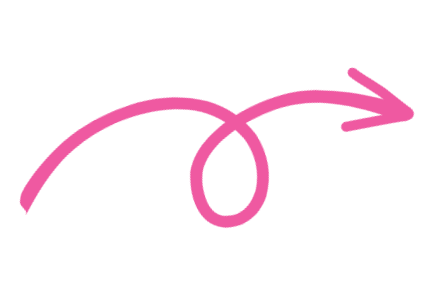
Our Impact
We thoughtfully match volunteer mentors with a child in care with the intention of them becoming a significant adult in the young person’s life who positively influences their life outcomes.

Outcomes Measured
1. Evidenced-based Placement and Support Process
A highly refined, trauma-informed process is used to screen, select and match volunteers that are committed to long-term positive relationships based on trust, empathy and mutual benefit.
2. Quality and longevity of the mentor/mentee relationship
Volunteers are committed to a long-term positive relationship with the child and young person they support.
3. Quality/ mutually beneficial volunteering opportunity
The training and support provided helps volunteers to create positive relationships with children in care - empowering them with learning, life skills and confidence.
4. Pillars of growth for child and young person
Through Relational Pedagogy, children supported by the Love of Learning Program have increased identity, academic resilience, learning confidence and school connectedness. Similarly, young people supported by the Teen Life Skills Program have a better sense of self and self-awareness, health and wellbeing, and cultural and community connections and support.
5. Creating a 'significant adult' in the child's life
There are positive benefits of having a long term mentor (significant adult) who continues to support children for an extended period with contributes to improved psychological, behavioural and educational outcomes.
How do we measure our impact?
Proving our Theory of Change
We have has a robust Impact Measurement Framework, recently reviewed in consultation with Dr Lewis Atkinson from the Haines Institute, which continually tests the theory of change. This measurement framework proves if and how the desired outcomes are successfully being created. Currently data is being collected to understand how outcomes are being achieved in the short, medium and long term.

Who do we collect data from?
CHILDREN & YOUNG PEOPLE
FOSTER, KINSHIP & RESIDENTIAL CARERS
CHILD SAFETY & AGENCY WORKERS
VOLUNTEER MENTORS
WORKSHOP & EVENT ATTENDEES
INTERNAL STAFF
DONORS AND OTHER SUPPORTERS
How do we use the data we collect
The data we’ve collected gives us a clear understanding of how successful our Programs were in the last financial year. We use the learnings to improve the experience for children, young people and volunteers as well as strategically to guide our future direction and growth.
Why?
- To be able to measure the Impact of our Programs
- Prove the outcomes identified in our Theory of Change
- Use insights to improve the impact of our Programs
- Plan strategically for sustainable growth




